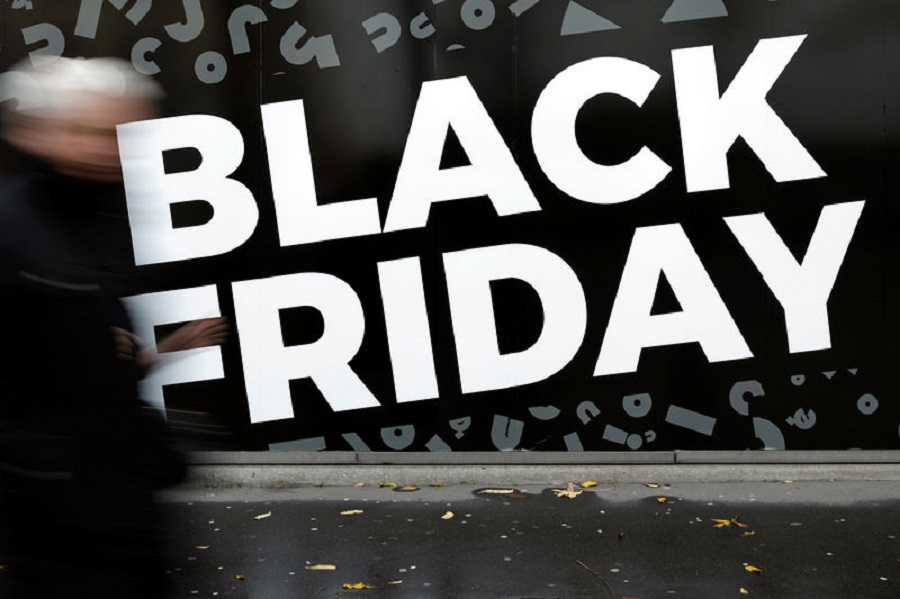RIO DE JANEIRO, BRAZIL – 2021 Black Friday on the internet was the reflection of inflation: the search for supermarket and pantry goods skyrocketed, and the revenues of retailers fell by up to 5% due to escalating prices.
The date is the most important in the retail calendar for e-commerce. It is on the internet that most of the sales occur.

According to Neotrust, which tracks transactions for large chains and covers over 80% of the digital market, this year’s revenue reached R$5.4 billion (US$963 million), a nominal increase of 5.8% compared to 2020.
NielsenIQ|Ebit estimated R$4.2 billion in sales, up 5%. Both released the results for Thursday (25) and Friday (26) on Saturday (27).
Considering inflation, which registers in 12 months its highest increase since early 2016, sales fell 4.4% and 5.1%, respectively. The IPCA (Extended Consumer Price Index) varied 10.67% in the 12 months through October.
In 48 hours, there were 7.6 million orders, 0.5% below the 2020 performance, according to Neotrust. The average purchase amount reached R$711, 6.4% higher than in the same period last year.
Nielsen also registered a drop in orders (9%) and an increase in the average purchase amount (16%, to R$753). “In general, Black Friday targets electronics, appliances, and what rose in 2021 inflation were fuel, electricity and food, so sales were lower than inflation,” says Austin Rating chief economist Alex Agostini.
Fashion and accessories was the category with the most orders online, followed by cosmetics, telephones, portable electronics and home appliances, Neotrust said. As they are more expensive, cell phones, appliances and computer items still represent the main share of online sales.
The result was within the consultants’ expectations. A behavior that drew attention was the search for foods and beverages, a segment that grew by more than 400% compared to 2019.
This is explained by two main factors: food e-commerce starts from low bases (a few years ago, it was uncommon to purchase supermarket items online) and households sought to stock their pantry with basic items this year, in light of shrinking budgets.
In turn, the consumption of electronics was anticipated by the pandemic, which required new computers and cell phones for remote working and other online activities.
At Mercado Libre, which represents some 30% of e-commerce and is not included in Neotrust’s statistics, the food sector exploded, second only to the home and decoration sector. The highlights of the baskets were condensed milk, chocolate products, and beer.
The date also boosted physical stores that sell basic items such as cleaning products, hygiene products, and non-perishable foods.

